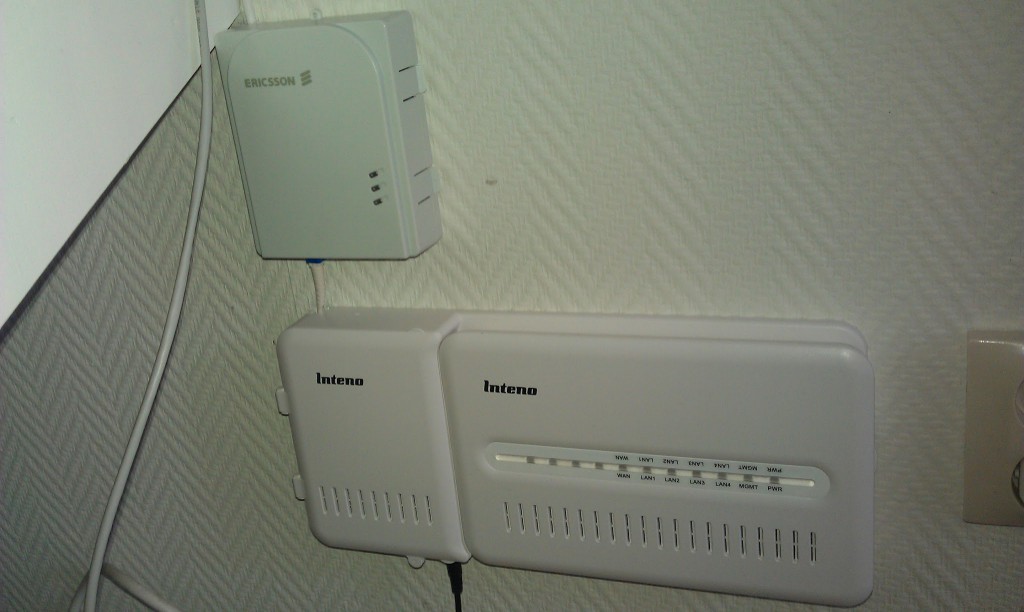Back in 2005 Anthony Bryan started to work with his metalink idea, as can be read in this early 2006 article. Very simplified, Metalink is a way to tell a client how to download the same identical file from many places potentially in parallel. Anthony tells me he had the idea much earlier than so, going back to a bad experience trying to download a Fedora ISO from a download mirror…
Anthony’s and my discussions about metalink started in September 2006 and we’ve bounced countless of mails and ideas back and forth since then. Even more, we’ve become friends and we’ve worked together on several related subjects as well, including several Internet Drafts within the IETF.
We had a metalink discussion on the libcurl mailing list back in April 2008 about whether to have libcurl support it natively or not, but we (I) ended up with the conclusion that it wasn’t fit for libcurl. Basically because metalink is a layer on top of the application protocols that libcurl supports.
I wasn’t quite prepared at that time to accept the patches for the curl tool since I didn’t like all the XML stuff it would bring in and as I recall it I felt that I wasn’t prepared to deal with that extra work load at the time. I think I told the guys I wanted to wait and see and try it more at a later point.
In September that same year I blogged about Anthony’s work on getting an internet draft done for metalink. That would later in 2010 get released as RFC5854 and a year later RFC6249 came out with a way to provide all the info in HTTP headers instead of XML as the previous document was for. (Both RFCs contain acknowledgements to yours truly as contributor.)
Today
While I said metalink wasn’t really fit for libcurl, it was always fit for curl – the command line client that uses libcurl but is more of a transfer tool. During the spring 2012 Anthony and super-hacker Tatsuhiro Tsujikawa approached me and asked if perhaps we were ready for metalink in curl this time?
Yes!
Since the last time, metalink has developed as a standard and there’s now a libmetalink project to use and I felt it was a good time development wise as well. Tatsuhiro whipped up a refreshed patch in no time and soon we were polishing off the last little edges around the corners and the metalink patch set was merged into curl 7.27.0! Anthony’s and Tatsuhiro’s persistence and patience over the years are impressive. Thanks a lot my friends! That’s a little over five and a half years since the first approach until it got merged into the mainline sources. That’s nothing but pure dedication.
Usage
So, starting with curl 7.27.0 and assuming you built curl with the correct set of prereqs installed, this is how you use it:
curl --metalink [URL]
Where the URL is a URL that points to a metalink file, and then curl will download the file from one of the URLs mentioned. curl will at this point try them serially if there are multiple ones specified and not in parallel. Room for future improvements.
curl 7.27.0 will probably be released in the end of July 2012, but you can already get an early test version as a daily snapshot. We’ll appreciate all feedback you can give us!



